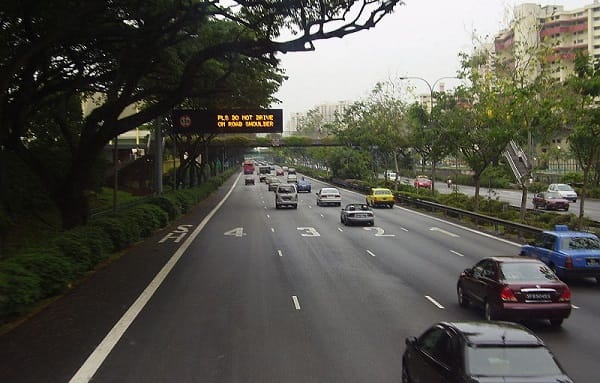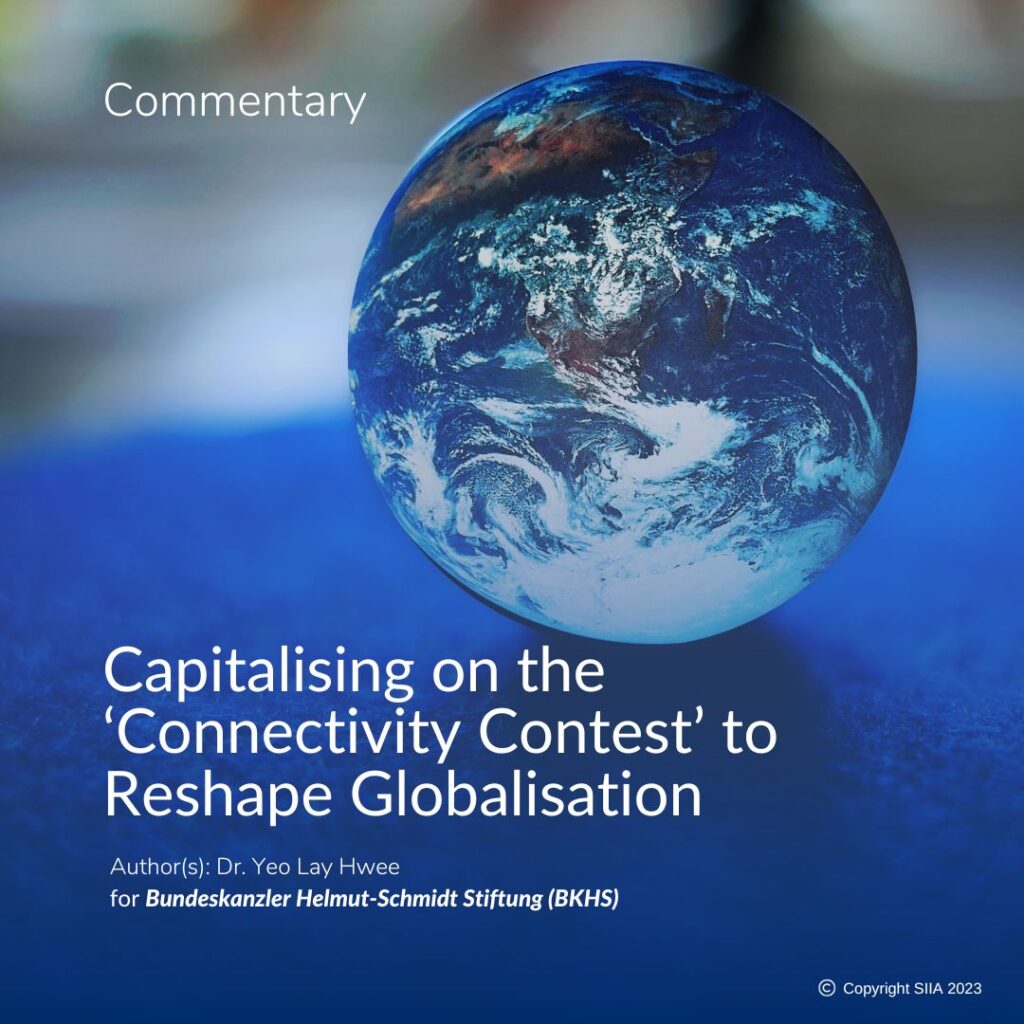We thank Mr Danny Lim and Mr Paul Chan for their responses (“Diesel moves must target commercial vehicles first”; Oct 14 and “Don’t drop diesel just yet”; Oct 18) to our commentary “Driving a future without diesel” (Oct 12).
It is encouraging to see engaged citizens respond to our work as a public policy think-tank.
We hope to clarify our views and our rationale.
Mr Chan noted that diesel vehicles are hard to replace for certain heavy industrial uses.
This resonates with our commentary.
We also highlighted the possibility of utilising more commercial vehicles that run on electric engines in the long run.
Mr Lim suggested that addressing the pollution from diesel commercial vehicles instead of diesel passenger cars would be more effective, but we disagree with de-prioritising diesel passenger cars, which have been the fastest-growing segment of Singapore’s car population.
Studies suggest that even the latest Euro VI diesel vehicles do not seem to perform much better than older diesel vehicles, emitting more nitrogen oxides (NOx) in real-world conditions than in official tests.
A study conducted for the Dutch Ministry of Infrastructure and Environment revealed that Euro VI vehicles produced approximately 500mg NOx/km in real-world driving, an amount similar to that emitted by the earlier Euro IV and V vehicles.
The Singapore Institute of International Affairs advocates sustainability, including clean air.
Our record on the haze is long-standing. In 2012, we also helped bring together a Clean City Air Coalition.
We believe it would be a positive step towards cleaner city air to remove the current “green” incentives for diesel passenger vehicles in the short run.
In the longer term, the search for commercial transport that minimises pollution is needed.
Simon Tay and Nicholas Fang are respectively Chairman and Executive Director at the Singapore Institute of International Affairs. This reply was published in TODAY on 21 October 2016.
Photo Credit: CC BY-SA 3.0




